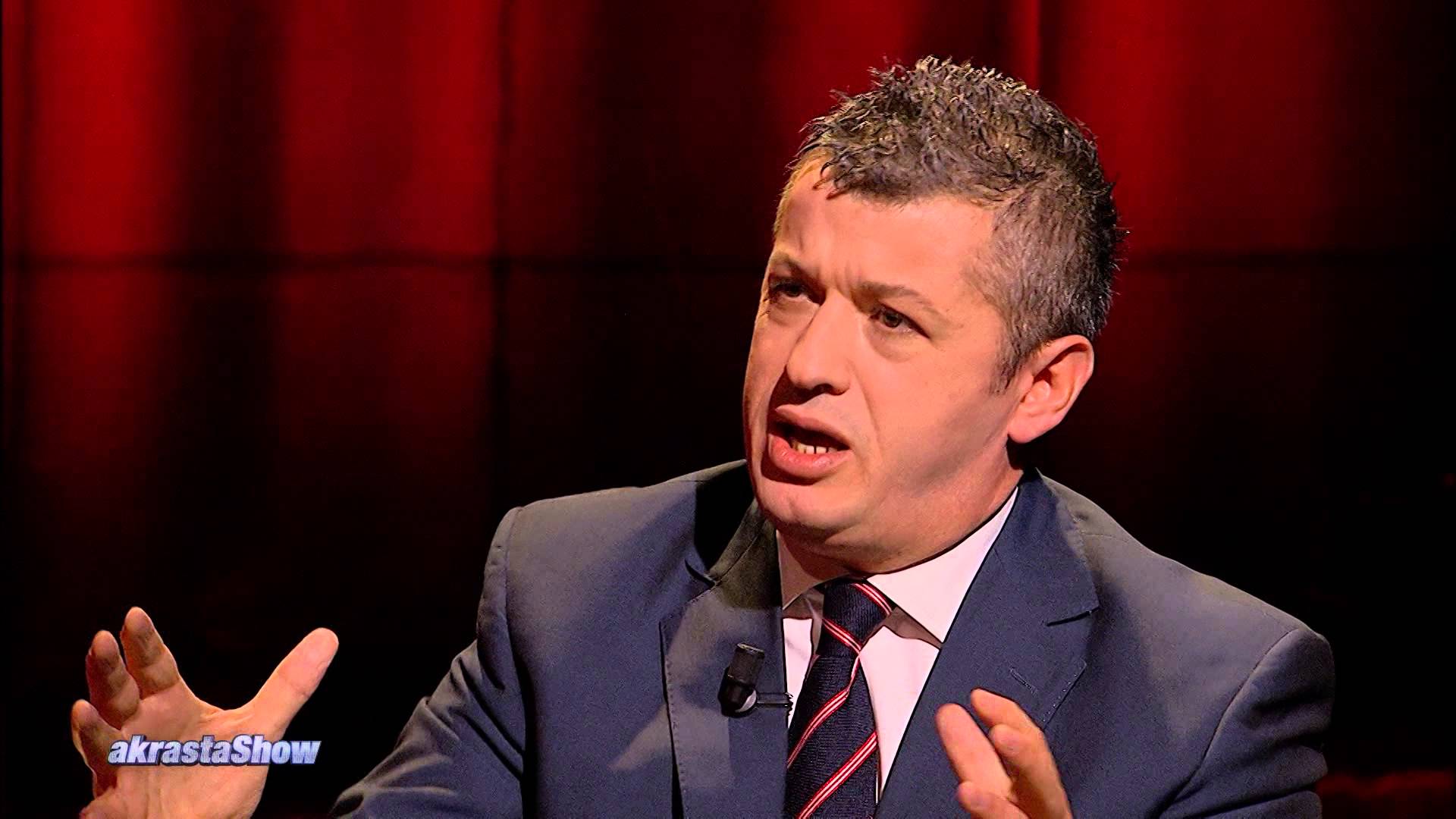
This article has been written for Albanian Free Press newspaper and www.afp.al
Among the tens of demands which have been articulated in the recent days by the opposition, media and opinion makers, the one that was articulated the most from the tent in the middle of the boulevard of Tirana is the one for the creation of a “technocrat government”. A government consisting of independent experts, respectable and accepted by political parties, a government which would be created following Rama’s cabinet stepping down and a government which would guarantee June 18 elections in Albania. All of this because of the claims, articulated in the form of a concern, by the DP and its allies, through the voice of Lulzim Basha, that the current majority is getting ready to rig the elections.
To assess how much of a concern this is to the citizens, we can just take a look at the numbers and the enthusiasm of those who attend the tent. To assess how much this claim reflects the real situation in the country, we might just take a look at the March 14 images, Summer Day, when tens of thousands of people swarmed the streets and parks of Tirana and all over the country, to enjoy this particular day. To assess how much the international community is worried about this claim, we may just take a look at the declarations issued by officials from Brussels and Washington.
However, let us assume that this is a genuine claim, to understand its likelihood of being put into practice. We must also take into account the fact that for 105 years, this country has seen an endless number of governments, starting with the first government formed by Ismail bey Vlora to governments which have only lasted one day, several days, weeks or several months. Governments of majorities, but also governments of minorities. Governments which have managed to complete their terms in office or governments which have been forced to step down. We have also had governments depending on the regime in power: republic governments, monarchy governments and governments of the people. In the end, we have also had governments of stability, national reconciliation or technocrat governments.
For instance, Vilson Ahmeti served as Prime Minister of a technocrat government from 18 December 1991 until 13 April 1992. This was a government which was formed because the stability government led by Ylli Bufi, could no longer function, due to strong clashes between political forces. Ahmeti himself had been a member of this cabinet. Bufi’s government was formed after the fall of Nano’s government, due to a general strike organized by workers and unions, as part of a process of major changes in the former communist East, after the collapse of the Berlin Wall. Due to the lack of the legitimacy of the communist and post communist governments after 45 years of dictatorship, which had just collapsed, the technocrat government of that time became a custodian of the 22 March 1992 polls. A historical period that led to a change of the regime and brought, for the first time, since the end of the Second World War, an anti-communist government in power, through pluralist, free and democratic elections.
Technocrat governments are restricted in important political decisions and international engagements. They are limited to the administration of the immediate needs of the country until a new government is formed after the elections that they manage. On the other hand, from the example above, we can easily understand that besides elections, the legitimacy or lack of legitimacy is what keeps governments on their feet or makes them leave before their term in office ends.
Thus, a question is raised following the opposition’s demand for the creation of a technocrat government: Has the government led by Edi Rama lost its legitimacy? In other words: What is that illegitimate thing that this government has done in order to give way to the creation of a new government?
Legitimacy is a word originating from Latin meaning “the stately right”. The principle of legitimacy in democratic states entitles the people to become a source of state power, through elections. This way, people delegate their political will to their representatives elected in parliament. What makes Edi Rama’s government legitimate? However we spin it, experts of this domain explain, “in essence, legitimacy relates to the support given by the people to personalities and state institutions”. As a result, legitimacy “may be considered, on one hand, as a transaction between the efficiency of the state’s activity and its stability and on the other, normative justice and political style”.
In other words: Has Rama’s government lost its legitimacy? The opposition claims that it has. Very well, then! But who else says this? People who have taken to the streets in great numbers (as it was the case for a number of weeks in Romania)? No. Social tension accumulated due to government scandals? No. Opinion polls? No. International institutions where we want to adhere? No. Or global decision making centers which have a strategic importance for Albania? No. Has the majority fallen while voting bills in parliament? No.
Beyond normal problems that citizens are going through, the challenges that every country and every government faces, it’s in our right to pose a question: What would make this government illegitimate to the point that it falls before its term in office and give way to a technocrat government until the June 18 elections? Nothing else, besides the desire of the opposition to seize power on the table.
